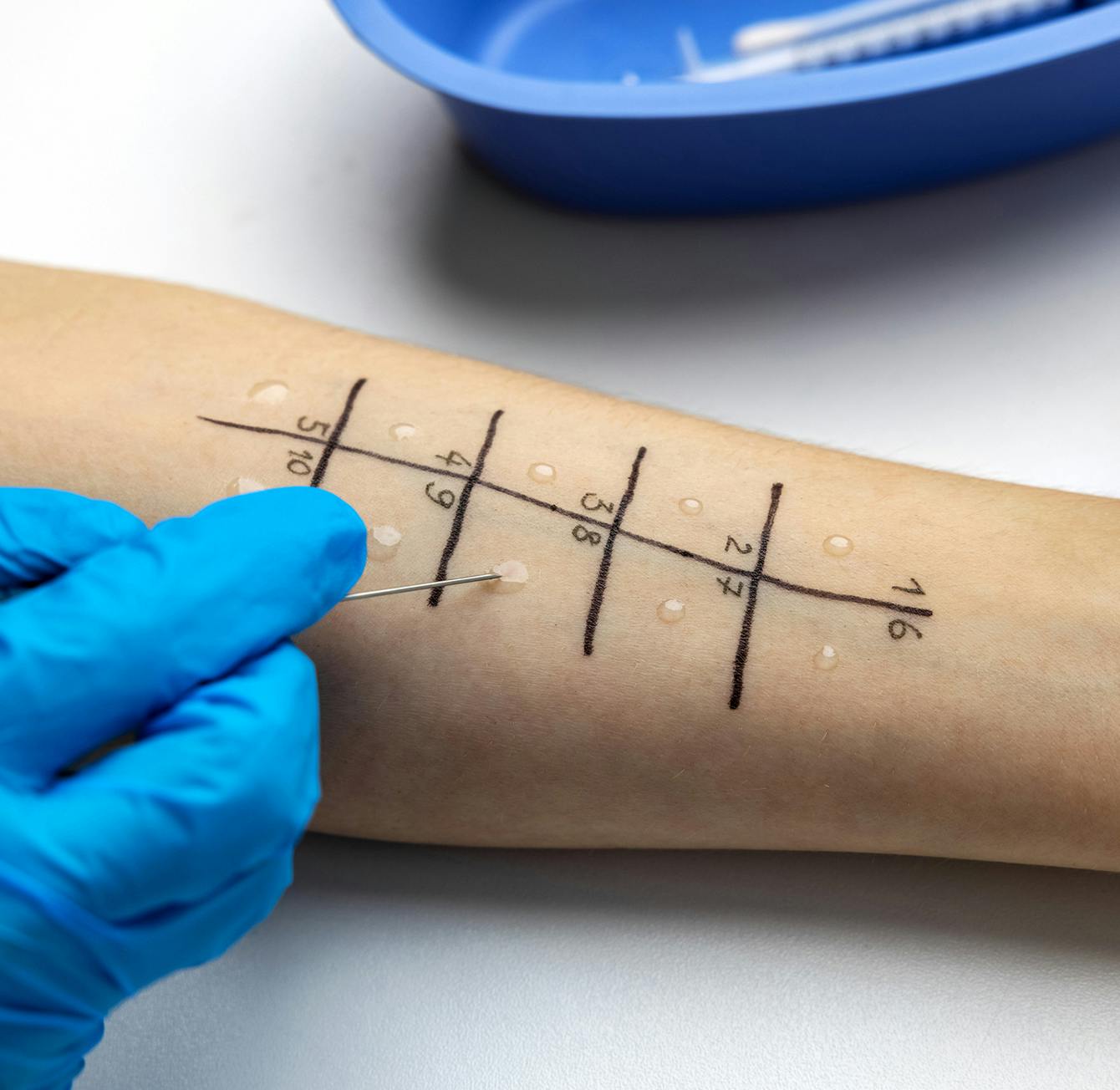Are you experiencing the frustrating symptoms of allergies, such as sneezing, itching, congestion, or hives? Allergy testing is a crucial step in identifying the specific allergens triggering your discomfort. At Texas ENT Specialists, we offer comprehensive allergy testing in Houston to help you gain a clear understanding of your allergies and develop a personalized treatment plan.
What are Allergy Shots?
Allergy shots, also known as allergen immunotherapy, are a treatment option for individuals with severe allergies who do not achieve sufficient relief from medications or allergen avoidance alone. Here's how they work:
- Introduction of allergens: Allergy shots involve the gradual introduction of small amounts of the allergens to which you are allergic. These injections are administered regularly, typically starting with weekly doses and gradually extending to monthly maintenance injections.
- Desensitization: Over time, the body becomes less sensitive to these allergens. This desensitization process reduces the severity of allergic reactions when you encounter the allergen in your daily life.
- Long-term relief: Allergy shots offer long-term relief and can lead to a significant reduction in allergy symptoms. They are particularly effective for individuals with allergic rhinitis (hay fever), allergic asthma, or insect sting allergies.
- Customized treatment: The allergens used in allergy shots are customized based on your specific allergy test results. This ensures that the treatment targets the allergens that affect you personally.
- Safety: Allergy shots are administered under the supervision of a trained medical professional. While they may involve a series of injections, they are generally safe and well-tolerated.






